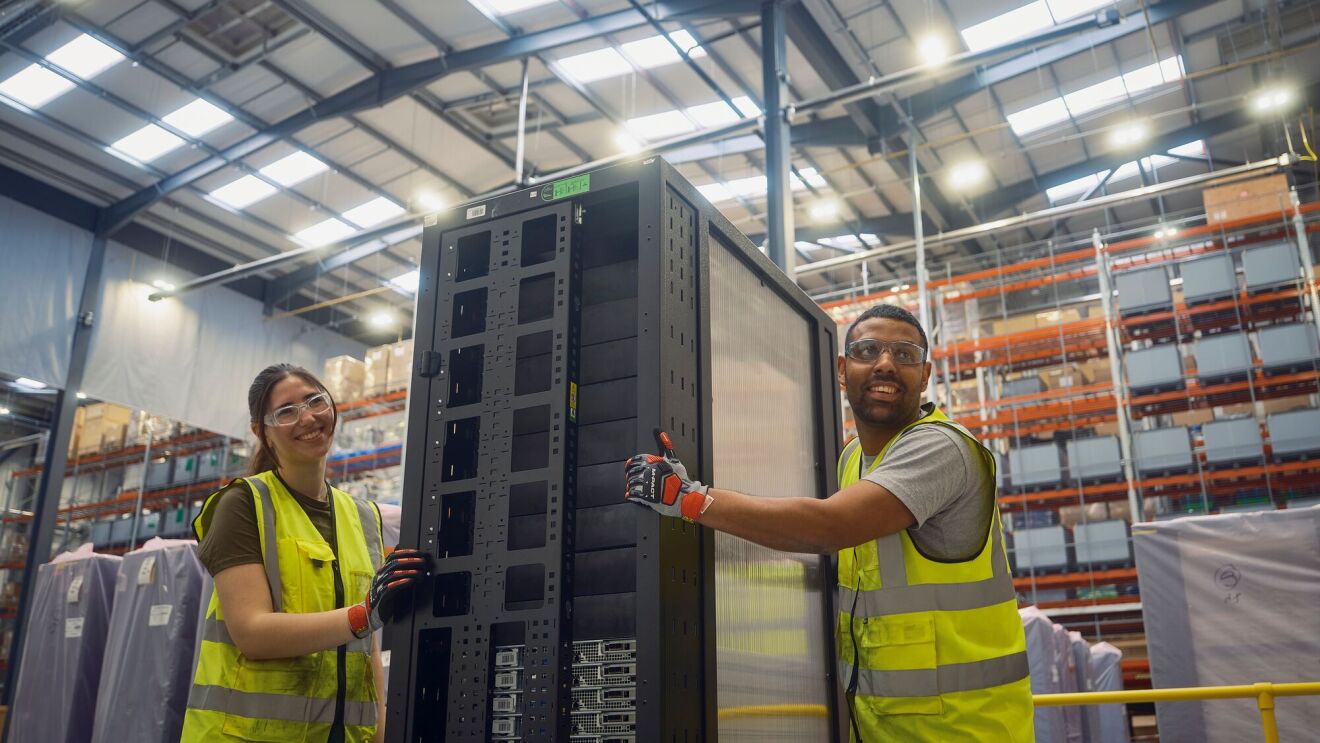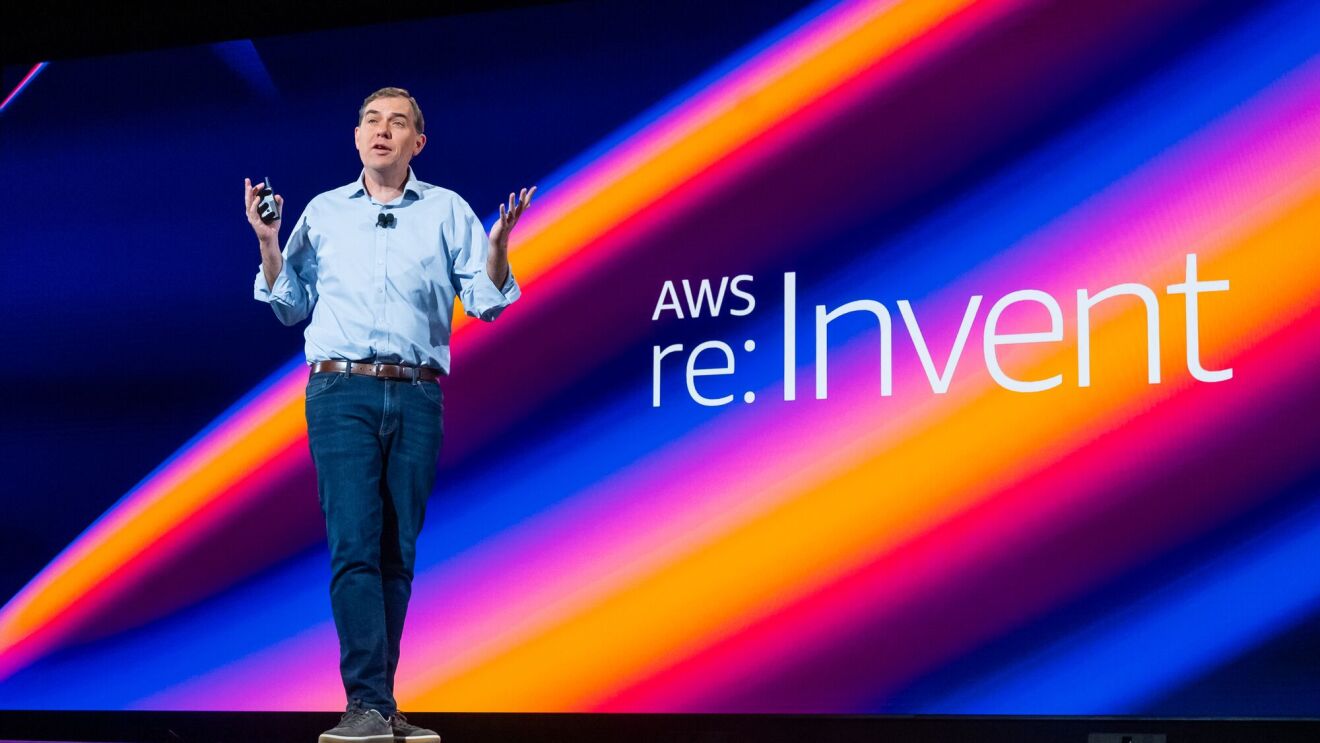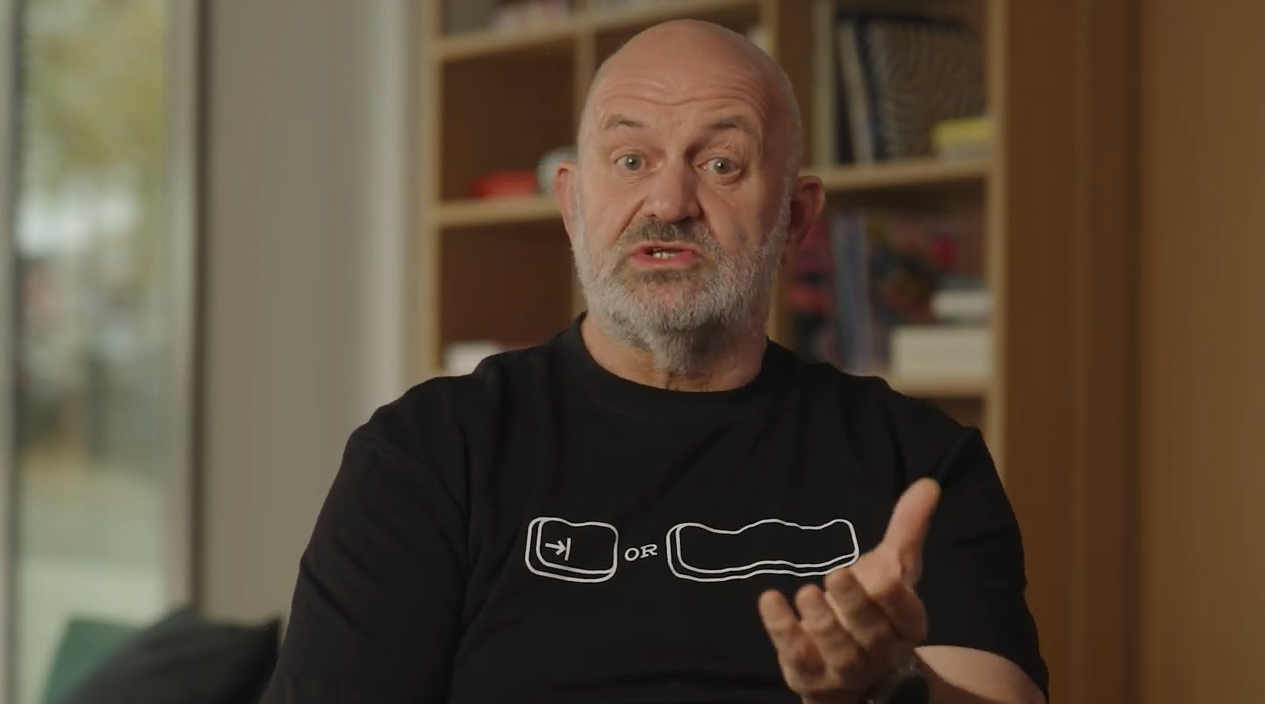Where someone lives and works can have a profound impact on their health. Simply being born in a high-income country versus a low-income country gives a person an 18-year advantage in life expectancy, according to the World Health Organization. Reducing health disparities is a complex challenge, but we believe we have an opportunity to apply modern technology to help address these issues by speeding research and innovation, increasing access to care, streamlining supply chains, and using technology in new ways.
To help tackle health disparities, Amazon Web Services (AWS) is announcing the next AWS Healthcare Accelerator cohort—this time with a focus on health equity. The accelerator is one more way we are harnessing the power of the cloud to make access to healthcare equitable. It builds on other efforts we’ve launched in this area, including the AWS Health Equity Initiative, a $40 million, three-year global commitment designed to support innovations in this space. Both the Health Equity Initiative and the Healthcare Accelerator are part of AWS for Health, an offering of AWS services and AWS Partner Network solutions designed to help organizations increase the pace of innovation, unlock the potential of health data, and develop more personalized approaches to therapeutic development and care.
It is so exciting that we are beginning to uncover technologies and approaches that can finally help address these long-documented challenges related to the social determinants of health.
Ruben Amarasingham, CEO of Pieces
AWS Healthcare Accelerator on health equity
Now in its second year, the accelerator will support 10 startups with U.S.-based operations through a four-week technical, business, and mentorship program. Startups focused on one or more of the following areas will be considered: increasing access to health services, reducing disparities by addressing social determinants of health, and using data to promote equitable and inclusive systems of care. Participating startups are eligible for:
- Up to $25,000 per startup in AWS Promotional Credits
- Connections to venture capital firms through our innovation network
- Collaboration opportunities with other AWS healthcare customers and AWS Partners
- Specialized AWS training and mentoring from domain and technical subject matter experts
- Guidance on business development and fundraising from AWS and accelerator program collaborators
- Go-to-market planning
The program builds on the success of last year’s U.S.-based cohort and this year’s UK-based cohort that kicked off in March.
“Participating in the AWS Healthcare Accelerator exposed our team to innovations and relationships that will help take our products and processes to the next level,” said Ruben Amarasingham, CEO of Pieces, a participant in the 2021 AWS Healthcare Accelerator. “It is so exciting that we are beginning to uncover technologies and approaches that can finally help address these long-documented challenges related to the social determinants of health.”
Startups fuel innovation and experimentation, solve challenging problems, create millions of jobs, and drive economic development around the globe. At the same time, we recognize that startups have unique needs and require customized support, funding, and expertise. Our goal with the AWS Healthcare Accelerator is to help startups get the support they need to take their concepts to the next phase using the power of the cloud. This year’s program will bring in healthcare industry leaders to collaborate with startups on topics ranging from defining business models to certifying compliance, security, and growth.
Applications for the 2022 AWS Healthcare Accelerator are open. For more information or to apply, visit the AWS Healthcare Accelerator.
Building on our broader commitment to health equity
The AWS Health Equity Initiative is another opportunity that startups—and other organizations ranging from education institutions to nonprofits to large enterprises—can apply to access AWS computing credits and technology expertise to address this important challenge.
Below are a few projects already funded by the AWS Health Equity Initiative.
Vodafone Foundation and Touch Foundation connect pregnant women to emergency care in rural Africa.
Thousands of pregnant women in rural areas of Africa are unable to travel to a hospital in a pregnancy-related emergency. Sub-Saharan Africa accounts for two out of three maternal deaths globally related to complications from pregnancy and childbirth. Vodafone Foundation’s m-mama program, operating in partnership with Touch Foundation, is an emergency rural transport service that uses mobile technology to connect pregnant women and newborns to life-saving care in Tanzania and Lesotho.
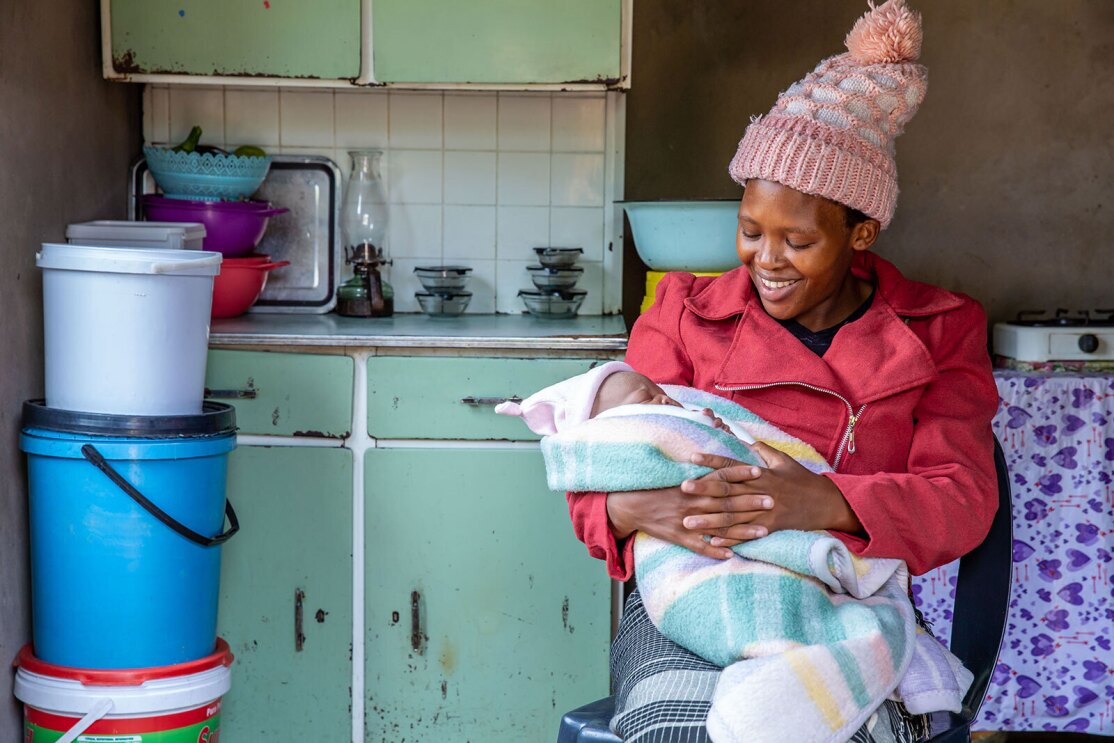
The system uses a network of local taxi drivers to act as “taxi ambulances” in areas where ambulances are rarely available—at no cost to mothers. Since launching in 2013, m-mama has connected over 13,500 pregnant women and newborns to emergency care. The program has also seen a 27% reduction in maternal mortality in the Lake Zone regions of Tanzania where it has been operational to date. The m-mama information technology system is powered by AWS. With additional computing power through the AWS Health Equity Initiative, m-mama will be able to scale more widely in Tanzania and Lesotho to help thousands more women give birth safely. AWS Promotional Credits and technical expertise will also help ensure data security and privacy at scale.
“With additional support and resources from AWS, we can scale m-mama to ensure thousands more women give birth safely,” said Samy Ellouze, m-mama ICT product manager at Touch Foundation. “We are also able to take advantage of more advanced AWS services that we otherwise wouldn’t have been able to, which will ultimately help us connect more mothers and babies to emergency care.”
WelTel meets patients where they are through accessible mobile technology.
Canadian company WelTel Incorporated is using AWS to enhance and scale the reach of its digital health communication platform, which connects patients to their healthcare providers through their mobile phones. WelTel uses two-way SMS to ensure it can be accessed from basic cellular phones, meaning patients don’t need an internet connection or expensive data plans to access care.
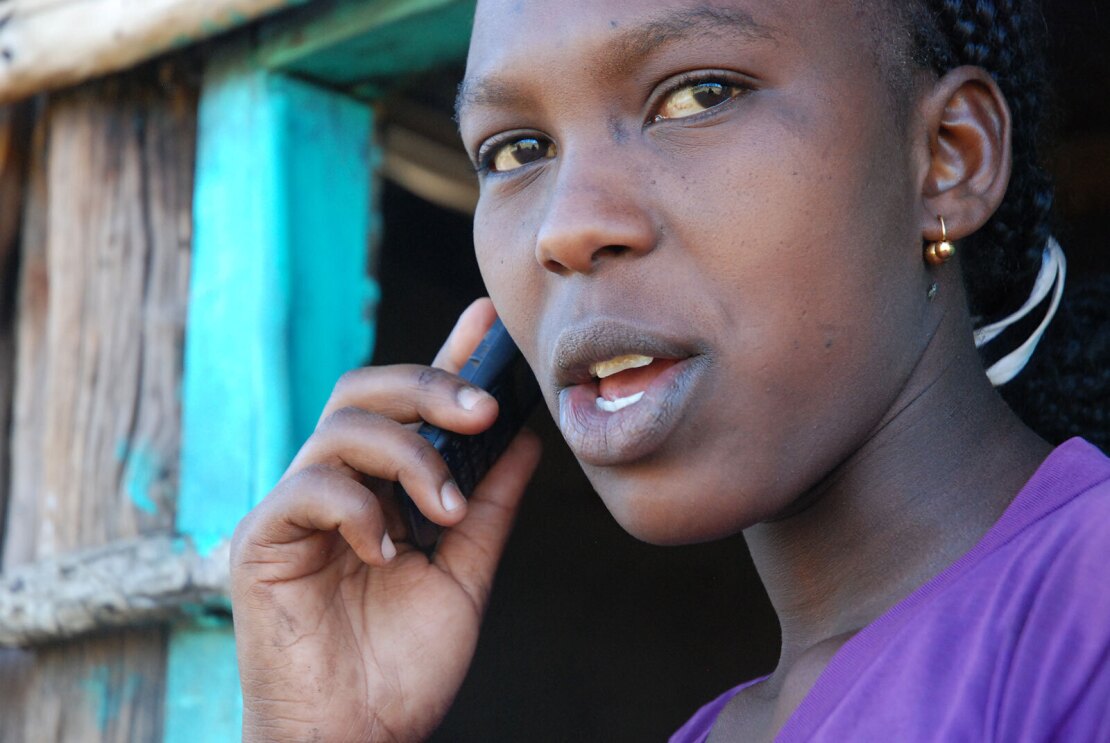
WelTel is already deployed in 10 countries around the world. AWS’s support will enable WelTel to scale in Canada to better reach Indigenous communities who lack reliable cellular networks and expand its support in New Zealand to better serve marginalized populations in remote parts of the country. AWS credits and technical expertise will also help WelTel improve the solution’s underlying code and deliver technology enhancements that will ultimately make their tool more cost effective, more secure, and more accessible.
“The most important thing about health equity is access. We have to use digital tools that embrace cultural conduct and truly meet people where they are,” said Dr. Gabrielle Serafini, WelTel co-founder and CEO. “The AWS Health Equity Initiative will strengthen WelTel's mission to ensure that no person is left behind.”
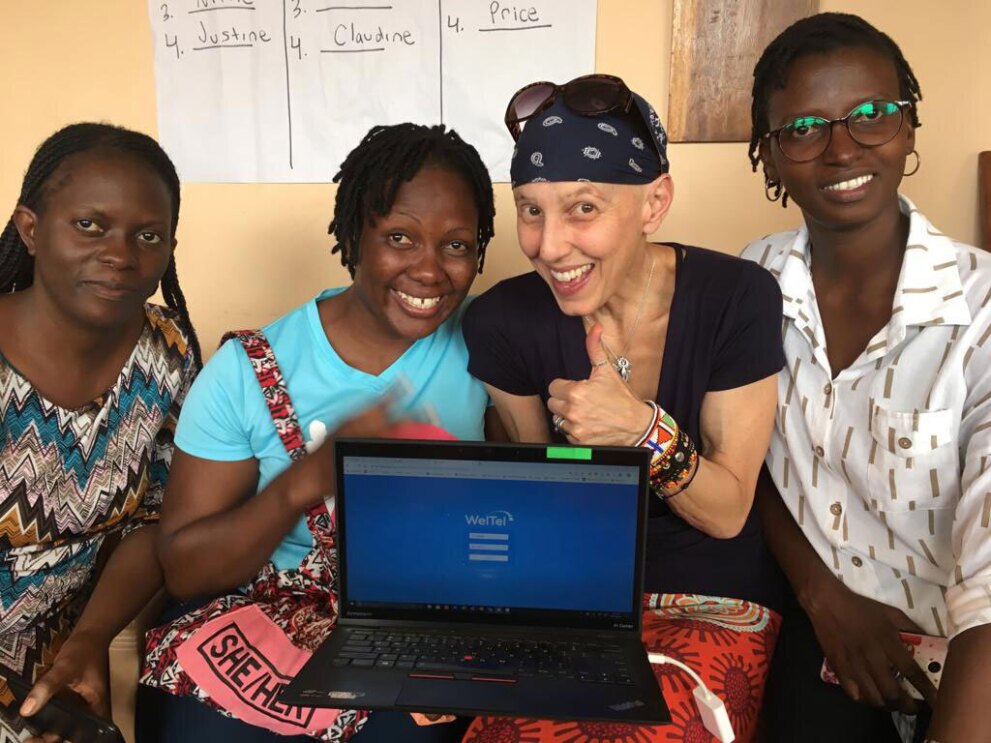
Roundtrip drives better health outcomes through better transportation access.
Transportation is one of the top three barriers for people accessing healthcare in the United States. Philadelphia-based company, Roundtrip, is using AWS to equip healthcare professionals with online and mobile tools that make ordering patient rides simple.
Roundtrip’s technology helps reduce the operational burden for health professionals to coordinate transportation. This year, with support from AWS, Roundtrip will scale in California by launching an innovative pilot with Contra Costa Health Services (CCHS) to increase call center efficiency. Together, AWS, CCHS, and Roundtrip will design and implement automated Amazon Connect cloud-based contact center infrastructure and incorporate machine learning services such as Amazon Lex and Amazon Polly to make it even easier to book rides for vulnerable people needing care.
“We cannot increase health equity without also increasing access. Every day, 10,000 patients miss or delay care due to a transportation barrier. Working with AWS, we can meet in-need people where they are," said Phil Montanez, head of service, Roundtrip. "Through this collaboration, we are making it easy to access reliable healthcare transportation, regardless of one’s socioeconomic status, access to technology, or native language.”
These efforts are just the beginning, and AWS looks forward to supporting customers, partners, and communities as they address this important challenge.
Trending news and stories



